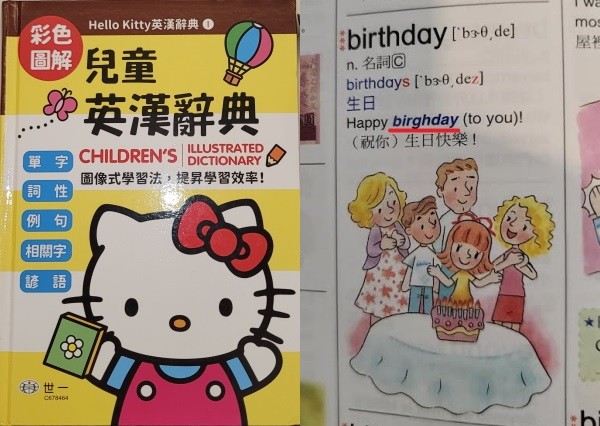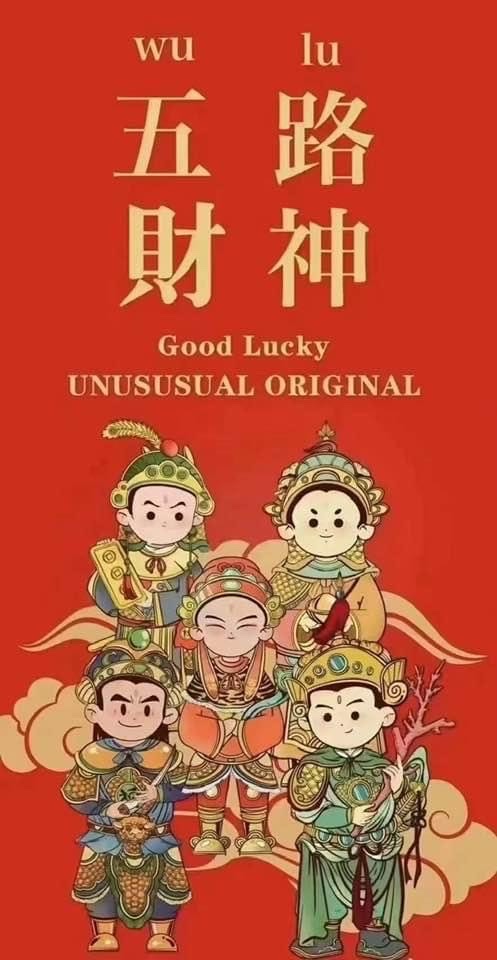I was in a Salt Lake City shop called Caputo's that bills itself as a Market and Deli, Purveyors of Regional Italian and Southern European Foods. It reminds me somewhat of the great Di Bruno Bros. in Philly, but more on the "paisan"* side (sort of like the South Asian word "desi" as used in America to describe a small down-home food shop that caters to folks from the subcontinent).
[*I absolutely love that Italian word! So much depends on the intonation with which you say it. A scholarly disquisition on a more formal set of Italian words for the same idea is the following:
You are probably thinking of the variations of the Italian “compare” often used in various dialects in the south, particularly cumpà/compà or ‘mpare/‘mbare. From Latin “compater”, formed by “cum” (with) and “pater” (father), which originally referred to the person present with the father at a child’s baptism, the child’s godfather. Over centuries these forms became a common greeting among friends in southern dialects. Since many immigrants from Italy to the US in the early 20th century were from the south and spoke their dialects, cumpà/compà /‘mpare/‘mbare became known as Italian-American colloquialisms.
In Italian, naturally I would say fra as in fratello (brother). It is very common to shorten the word by cutting off the end and emphasizing the vowel that remains at the end. To say "hey bro" in Italian, I would use one of these: “Ehi fra…” “Oi fra…” “Ciao fra…” “Ei fra…”
Another slang term for “bro” or “dude” is “zio” (uncle, like Spanish “tío,” and has the same slang meaning in Spanish too)
It comes from one of my two favorite New Jersey undergraduate paisans who took my classes a few years ago.]
Read the rest of this entry »


